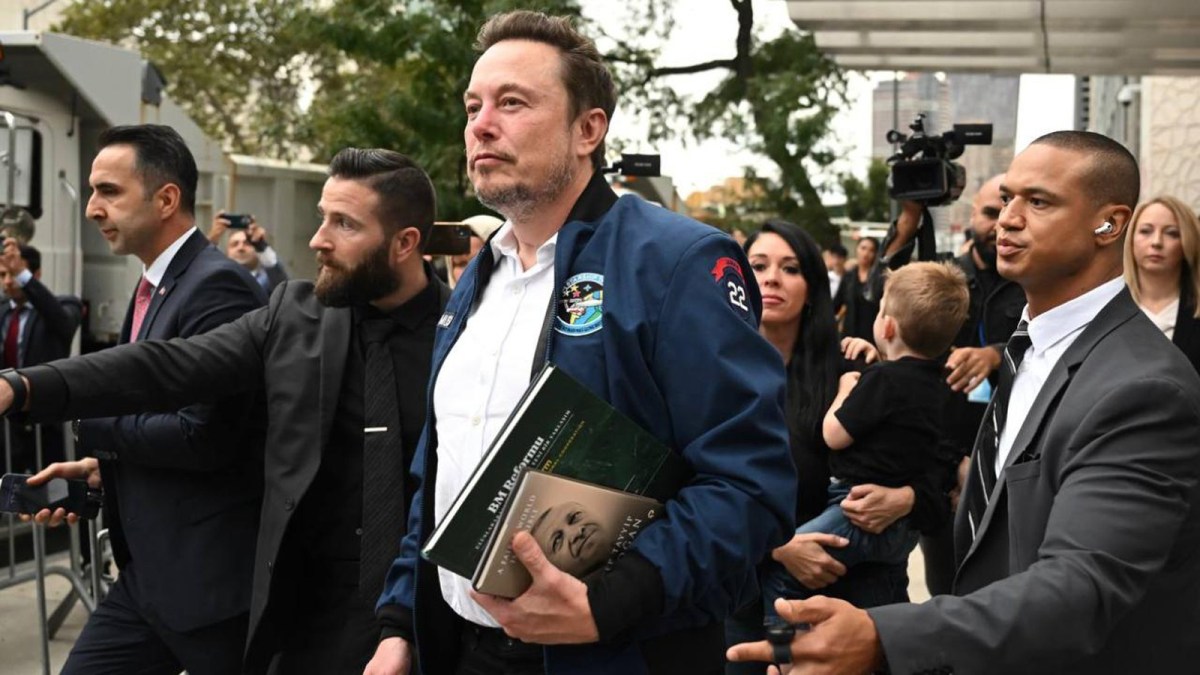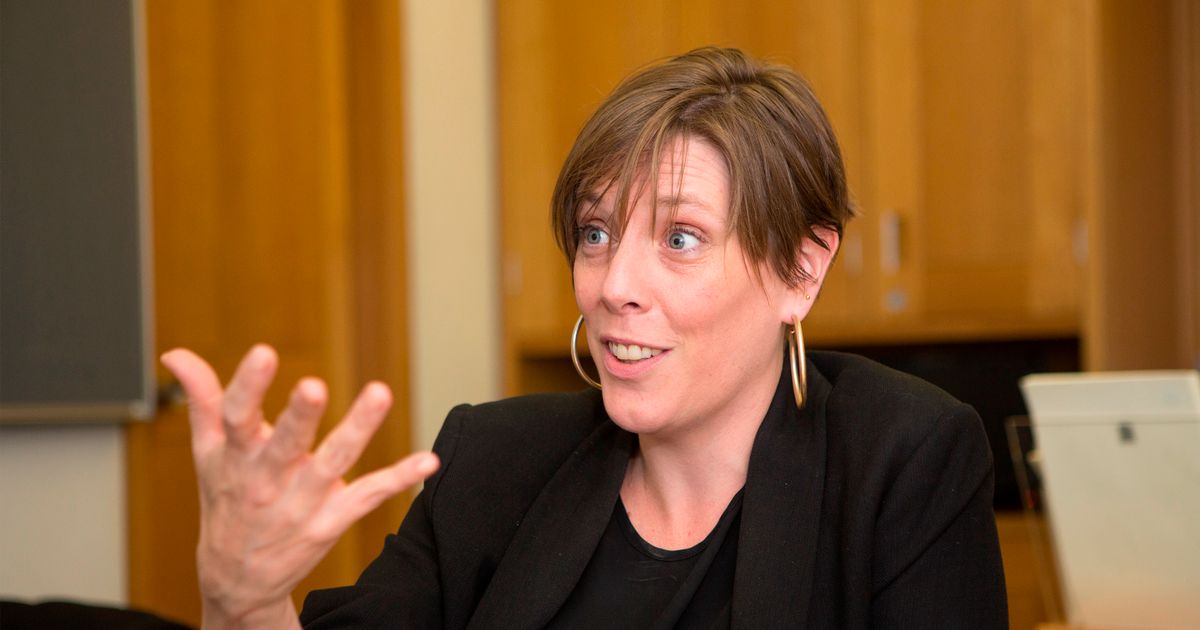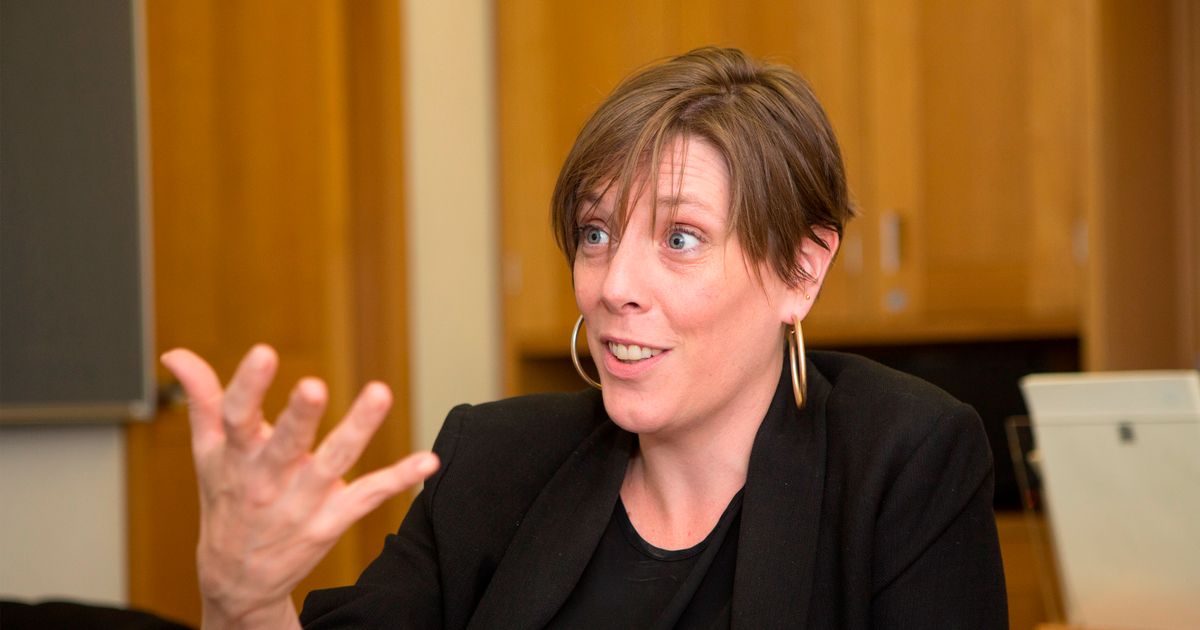Elon Musk’s abuse of Jess Phillips has pushed real victims into a deeper silence, highlighting the chilling effect powerful figures can have on victims of online harassment. This isn’t just about a spat between two public figures; it’s about the broader impact of unchecked online abuse and how it discourages reporting and seeking help. We’ll explore the specifics of the interaction, the damage done to public perception, and the very real consequences faced by those who experience similar abuse.
We’ll examine the specific language Musk used, the platforms involved, and the timeline of events. We’ll then delve into how this incident has potentially normalized online harassment and diminished the seriousness of such behavior. Finally, we’ll share the stories of real victims, emphasizing the emotional toll and offering resources for support.
Okay, so Elon Musk’s actions towards Jess Phillips, and the way it’s been handled, really highlights how easily genuine victims can be sidelined. It’s a distraction, and while we’re talking about distractions, check out this crazy game: Tottenham beats Liverpool in English cup semis after serious injury. The whole thing makes you think about how easily important issues, like the impact on real victims of online abuse, can get lost in the noise.
Elon Musk’s Interactions with Jess Phillips and the Amplification of Online Abuse
The online interactions between Elon Musk and Jess Phillips have sparked significant debate regarding the nature of online abuse, its impact on victims, and the responsibilities of social media platforms and public figures. This article examines these interactions, analyzing their abusive nature, the broader implications for public perception, and the urgent need for stronger protections against online harassment.
The Nature of Elon Musk’s Interactions with Jess Phillips
Specific instances of Elon Musk’s interactions with Jess Phillips, deemed abusive by many, require detailed examination. While precise details may vary depending on the source, the general consensus points to a pattern of dismissive, belittling, and arguably threatening language directed towards Phillips, often on platforms like Twitter (now X). The context often revolved around political disagreements or Phillips’ criticisms of Musk’s actions or policies.
The timeline of these interactions would require a detailed analysis of public tweets and statements from both parties, but the overall tone consistently displayed a lack of respect and potentially harmful rhetoric. For example, if Musk used derogatory terms or made personal attacks, this would be considered harmful language. A thorough analysis of specific tweets and statements is necessary to fully illustrate the abusive nature of these interactions.
Impact on Public Perception of Online Abuse

Musk’s actions, given his significant public profile, potentially normalized or trivialized abusive behavior. His vast following may have inadvertently encouraged similar behavior from others, suggesting that such conduct is acceptable or even justifiable. This contrasts sharply with the public response to similar actions by other public figures, where there has often been a stronger condemnation and calls for accountability.
The relative lack of significant repercussions for Musk, compared to others, could send a worrying message about the consequences of online abuse, particularly for those in positions of power.
The Experiences of Real Victims of Online Abuse
Numerous individuals have shared their experiences with online abuse, detailing the significant emotional and psychological toll. This includes feelings of anxiety, depression, isolation, and even fear for their safety. Musk’s actions may have exacerbated these challenges by creating an environment where such behavior seems less reprehensible. The normalization of this type of behavior can discourage reporting and increase the suffering of victims.
Many victims feel silenced and helpless against the tide of online harassment.
| Resource Type | Description | Contact Information | Website |
|---|---|---|---|
| National Domestic Violence Hotline | Provides confidential support for victims of domestic violence, including online harassment. | 1-800-799-SAFE (7233) | thehotline.org |
| RAINN (Rape, Abuse & Incest National Network) | Offers support for survivors of sexual violence and other forms of abuse. | 1-800-656-HOPE | rainn.org |
| StopBullying.gov | Provides information and resources on bullying prevention and intervention. | (This resource may not have a direct contact number, but offers online resources) | stopbullying.gov |
| Cyber Civil Rights Initiative (CCRI) | Works to combat online harassment and cyberstalking. | (Information available on their website) | cybercivilrights.org |
The Role of Social Media Platforms, Elon Musk’s abuse of Jess Phillips has pushed real victims into

Social media platforms play a crucial role in facilitating and amplifying online abuse. Their algorithms can inadvertently promote harmful content, while inadequate moderation policies allow abusive behavior to persist. Social media companies have a responsibility to implement robust measures to prevent and address online harassment. This includes improved content moderation, enhanced reporting mechanisms, and stronger accountability for users who engage in abusive behavior.
A hypothetical policy for social media platforms could involve a multi-pronged approach: proactive content moderation using AI and human review, clear and easily accessible reporting mechanisms, swift and consistent enforcement of community guidelines, and transparent processes for appeals.
Legal and Ethical Considerations
Online abuse carries significant legal ramifications, potentially leading to civil lawsuits for defamation or harassment, and even criminal charges in severe cases. Public figures have an ethical responsibility to engage in respectful online discourse and avoid actions that could incite or contribute to online harassment. Legal frameworks regarding online harassment vary across countries, with some having stricter laws than others.
International cooperation is needed to establish consistent standards for addressing this growing problem.
Strategies for Preventing Online Abuse

Individuals can employ various strategies to protect themselves from online abuse. These strategies can be categorized into proactive, reactive, and support-seeking measures.
- Proactive Measures: Setting strong privacy settings on social media, being mindful of what information is shared online, avoiding engaging with known trolls or abusers.
- Reactive Measures: Blocking and reporting abusive users, saving evidence of harassment, seeking support from friends, family, or professionals.
- Seeking Support: Contacting relevant helplines, reporting abuse to social media platforms, and seeking legal advice if necessary.
The Broader Context of Online Misinformation and Hate Speech
Musk’s actions, and the lack of significant consequences, could contribute to a culture of online misinformation and hate speech. Online abuse often intertwines with the spread of harmful narratives and conspiracy theories, targeting vulnerable populations and undermining trust in legitimate sources of information. The impact on vulnerable groups can be particularly severe, leading to increased marginalization and discrimination.
Last Recap: Elon Musk’s Abuse Of Jess Phillips Has Pushed Real Victims Into
The case of Elon Musk and Jess Phillips serves as a stark reminder of the devastating impact online abuse can have, not only on individual victims but on the overall climate of online discourse. While legal and ethical considerations are crucial, the most immediate need is to create a safer online environment where victims feel empowered to speak up and seek help without fear of further victimization.
By understanding the dynamics of this situation, we can develop better strategies for prevention and support.
Elon Musk’s attacks on Jess Phillips, sadly, highlight how online abuse silences real victims. It makes you think about how much worse things could be, like the terrifying ordeal James Woods faced, as described in this article: ‘God was with him’: Actor James Woods describes harrowing wildfire. His experience shows the impact of real-life crises, reminding us that Musk’s actions contribute to a climate where suffering is often overlooked.
FAQs
What legal recourse do victims of online abuse have?
Legal options vary depending on the severity and nature of the abuse and the jurisdiction. They can range from civil lawsuits for defamation or harassment to criminal charges for threats or stalking. Legal advice should be sought from a qualified attorney.
How can social media platforms better protect users?
Okay, so Elon Musk’s behavior towards Jess Phillips, and the way it’s been handled, really makes you wonder what it does to genuine victims of abuse. It’s like the whole thing overshadows everything else, even something seemingly unrelated like the news that Ricki’s and Cleo’s clothing stores are closing , which is a bummer for shoppers. The point is, Musk’s actions are creating a climate where real victims’ voices get lost in the noise.
Platforms need to improve content moderation, implement stronger reporting mechanisms, and be more transparent about their policies and enforcement. They should also invest in AI-powered tools to detect and remove abusive content more effectively.
What resources are available for victims of online harassment?
Many organizations offer support, including helplines, counseling, and legal assistance. A simple online search for “online abuse support” will yield numerous resources specific to your location.
